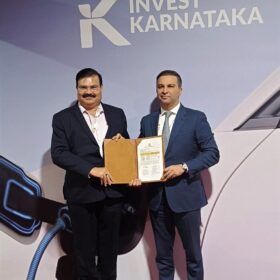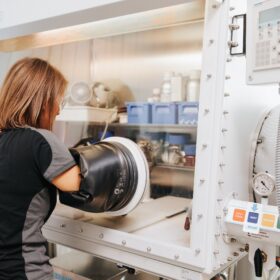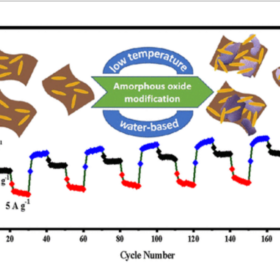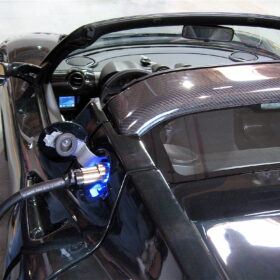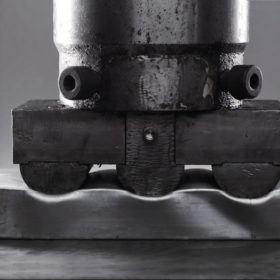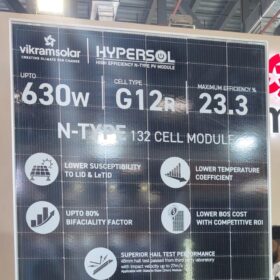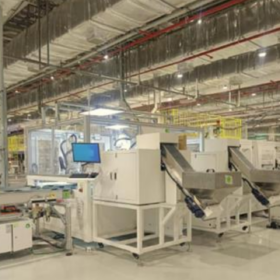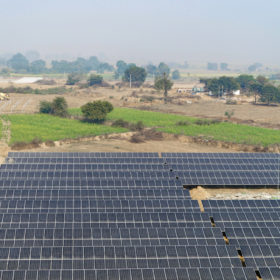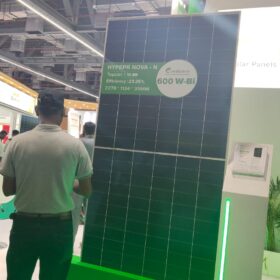Epsilon Group commits INR 15,350 crore for EV battery materials, testing facility in Karnataka
Epsilon Group plans to invest INR 9,000 crore to set up a graphite anode manufacturing plant and INR 6,000 crore for a lithium iron phosphate (LFP) cathode manufacturing plant in Karnataka. In addition, it will invest INR 350 crore to build a battery materials and battery testing R&D and training center in the state.
Epsilon, Korea’s Daejoo join hands to develop graphite-rich silicon composite anode material for EV lithium batteries
Epsilon Advanced Materials and Daejoo Electronic Materials aim to jointly develop graphite-rich silicon composite anode materials for lithium-ion batteries with a capacity of 450 – 600 mAh/g, thereby increasing discharge capacity by 50% and life span by thousands of cycles.
New high-performance anode material for lithium-ion batteries
Indian researchers have synthesized an amorphous manganese dioxide-modified iron oxyhydroxide ternary composite as an anode material for lithium-ion batteries. The ternary composite anode exhibited stable cycling performance at high rates.
Epsilon Advanced Materials plans $650 million EV battery anode facility in USA
India’s Epsilon Advanced Materials will invest $650 million to set up a graphite anode processing facility in the USA. The facility will produce high-capacity synthetic anode materials for electric vehicle (EV) batteries.
HEG unveils plans to build $247 million Li-ion anode plant
The LNJ Bhilwara group company is venturing into the production of graphite anode for lithium-ion batteries. It expects the first part capacity of its Li-ion anode plant to become operational by 2025 with an investment of INR 1,000 crore ($124 million).
Epsilon Carbon to make graphite anode materials for Lithium-ion batteries
The coal tar derivates company has commissioned a 5000-tonne per annum facility to manufacture synthetic graphite anode materials for lithium-ion batteries. It plans to invest US$ 70 million (Rs 520 crore) over the next five years to increase this capacity to 50,000 tonnes.
